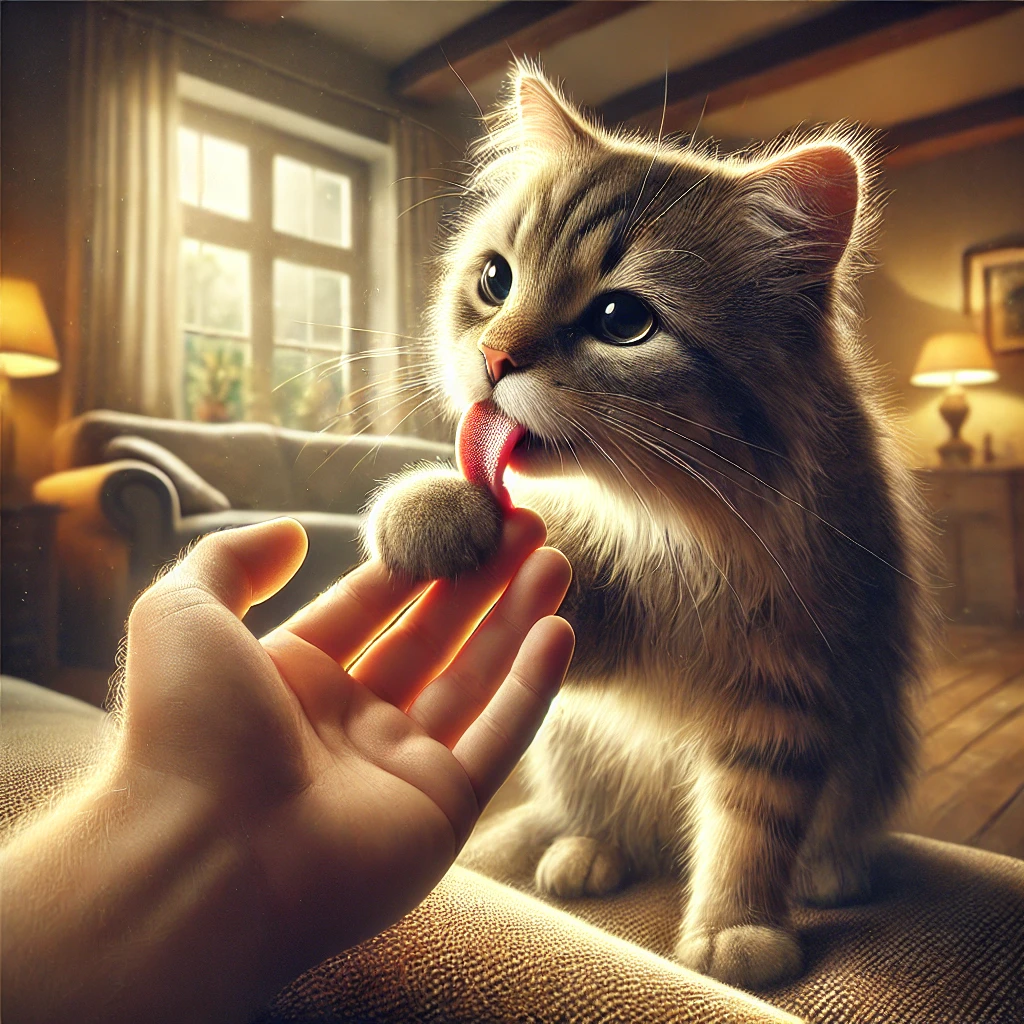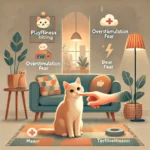Cats are fascinating creatures with complex behaviors that can sometimes baffle their human companions. Among these, licking is one of the most endearing yet puzzling habits. While it’s easy to interpret licking as a sign of affection, it can stem from a variety of reasons rooted in their instincts and emotional states. For cat owners, understanding why their feline friend licks them can strengthen the bond and shed light on their pet’s needs.
Table of Contents
Licking is a natural behavior for cats. In the wild, they groom themselves and their fellow cats to maintain cleanliness and express social bonding. This behavior carries over to domestic cats, who often treat their human family as part of their “pride.” However, cat licking isn’t always just about affection; it can indicate deeper issues like stress, health concerns, or even a desire to claim you as their territory.
In this article, we’ll explore the top five reasons behind this behavior, uncover potential red flags, and provide tips for managing excessive licking. By understanding the nuances of your cat’s actions, you can ensure their happiness and well-being while enjoying the unique quirks that make them such lovable companions.
5 Common Reasons Why Cats Lick Their Owners
Grooming and Bonding
Cats are meticulous groomers, and licking is a key part of their hygiene routine. When a cat licks you, they may be extending this grooming behavior to include you as a member of their “clan.” Grooming is a social activity among cats, signifying trust and a strong bond. By licking you, your cat is showing that they see you as family.
This act of grooming not only keeps their fur clean but also strengthens social ties. In a multi-cat household, cats often groom each other as a way of expressing mutual affection. Similarly, when your cat licks you, it’s their way of fostering closeness.
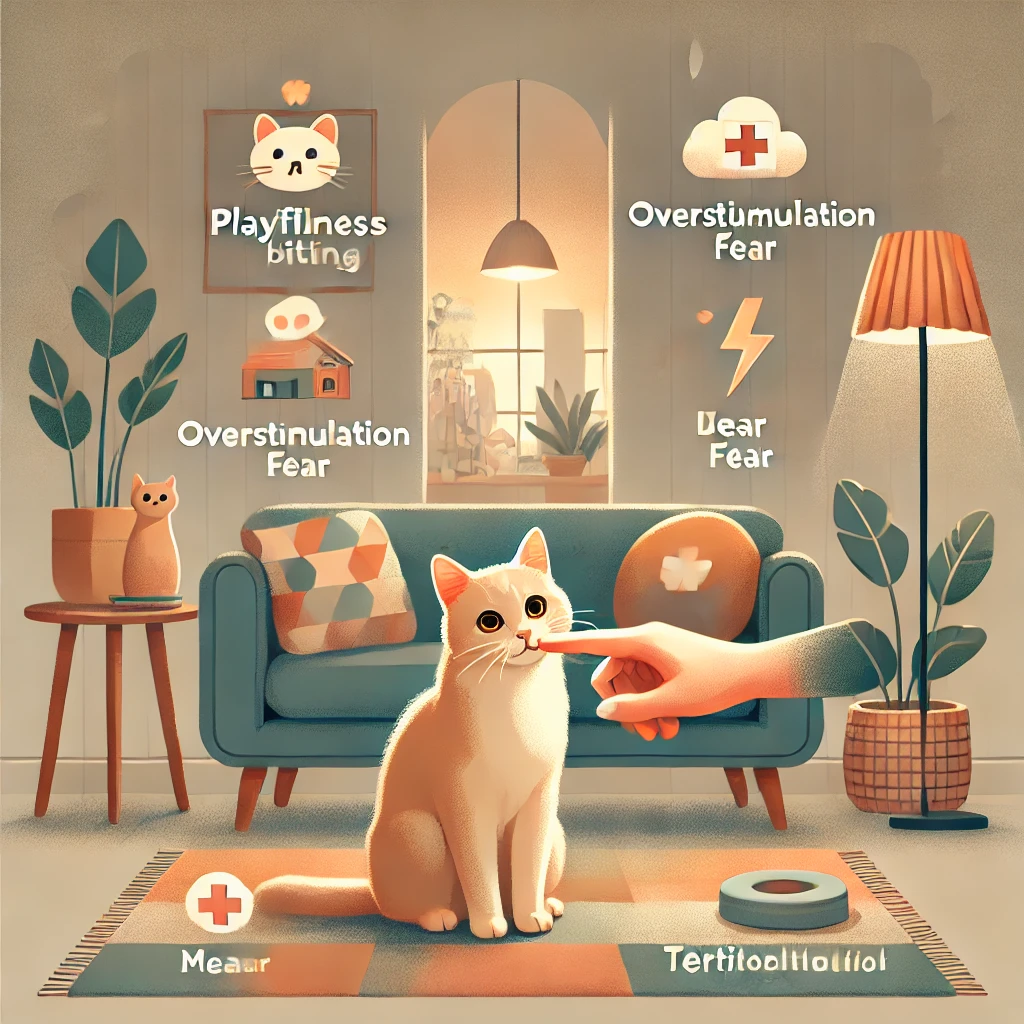
While this behavior is generally harmless, it’s worth noting that excessive licking could also mean your cat is trying to soothe themselves due to stress or anxiety. Observing their overall behavior and body language can help you determine if their licking is purely affectionate or indicative of something more.
Marking Territory
Cats are territorial animals, and their sense of ownership goes beyond just physical spaces—it extends to people as well. When your cat licks you, they could be marking you as part of their territory. This behavior stems from the scent glands located in their saliva, which leave a subtle, unique marker on whatever or whoever they lick.
Marking you as their “property” is a way of expressing dominance and security. It’s their way of telling other animals (and even you) that you belong to them. This marking behavior is often accompanied by head-butting, rubbing against you, or kneading your body.
If your cat is licking excessively while showing signs of agitation, such as pacing or vocalizing, it may be an indication that they are feeling insecure about their environment. This behavior could be triggered by changes in the household, new pets, or unfamiliar visitors. Ensuring your cat feels safe and has a consistent routine can help reduce these territorial gestures.
Seeking Comfort or Stress Relief
Just like humans may engage in repetitive behaviors like nail-biting or fidgeting, cats may lick as a way to soothe themselves during stressful situations. Licking releases endorphins, the “feel-good” hormones that help your cat feel calm and relaxed.
This behavior is more likely to occur if your cat has experienced sudden changes, such as moving to a new home, the arrival of a new pet, or alterations in their daily schedule. Your cat might lick you as a way to seek reassurance and comfort.
Pay attention to when and how your cat licks you. If they tend to lick after loud noises or during moments of tension in the household, this behavior could be their coping mechanism. Providing a calm, stress-free environment, along with interactive toys or calming sprays, can help minimize stress-induced licking.
Exploring Taste and Texture
Cats are naturally curious creatures, and their tongues are a vital tool for exploring the world around them. When they lick you, they might be intrigued by your scent, the texture of your skin, or even the remnants of food or sweat.
Human skin carries a mix of natural oils, salts, and scents that can fascinate your cat. They may lick you to investigate these unique flavors or smells. This behavior is common after you’ve used lotions, soaps, or other scented products. Your cat might find the texture or smell interesting enough to prompt some exploratory licking.
While this behavior is harmless, it’s essential to ensure the products you use on your skin are pet-safe, as cats may ingest traces of these substances during licking. If the licking becomes excessive, try redirecting their attention with a treat or toy.
Sign of Affection
Licking is one of the most heartfelt ways your cat can express love and affection. Similar to how mother cats groom their kittens to show care, your cat’s licking is a sign that they trust you and feel safe around you.
When your cat licks you, it’s their way of strengthening the emotional bond between you. They see you as part of their family and want to nurture the connection. For cats, licking is as much an emotional gesture as it is a physical one.
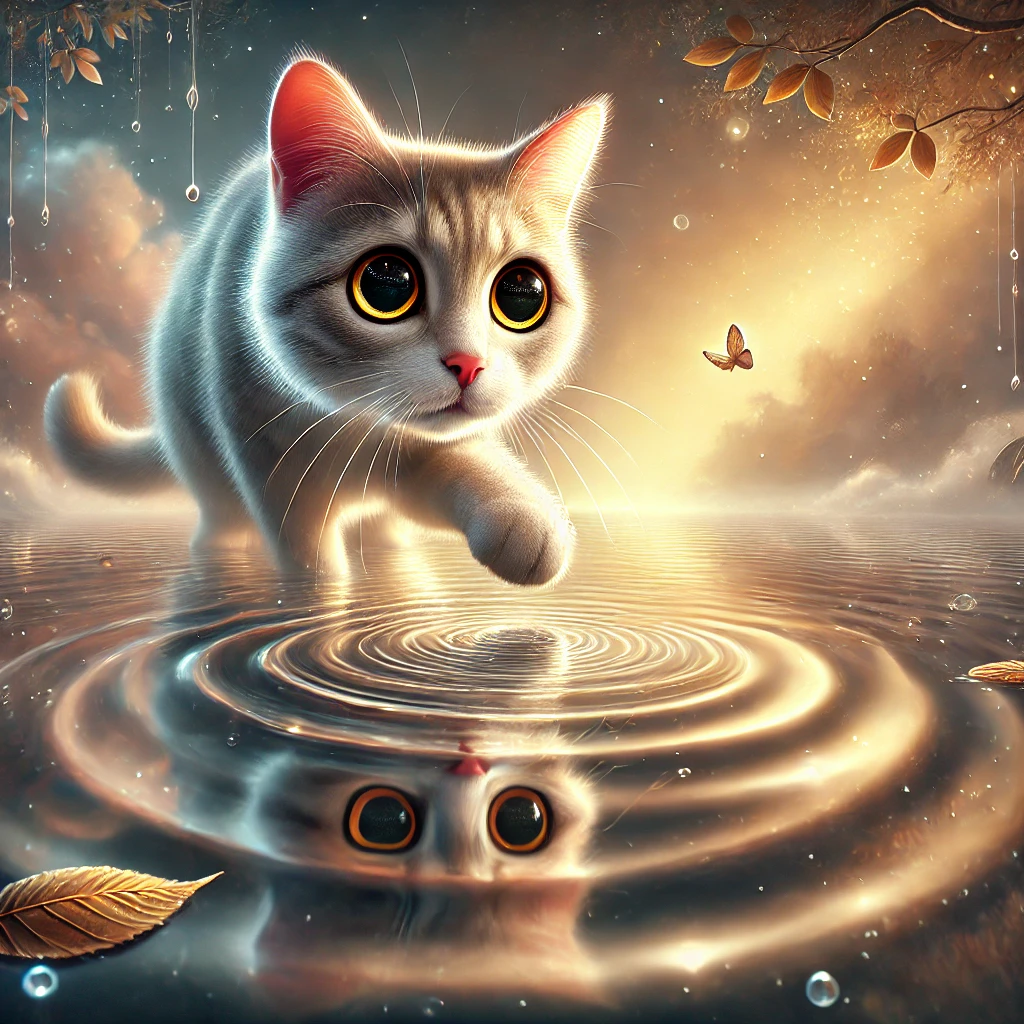
While some cats are more expressive with their affection, others may show their love through subtle gestures like head bumps or purring. Licking, however, is a universal sign of trust and companionship. If you’re lucky enough to be on the receiving end of your cat’s licks, it’s a testament to the strong bond you share.
When Cat Licking Might Be a Concern
While cat licking is usually harmless and endearing, there are instances where it could signal an underlying issue. As a responsible pet owner, it’s important to recognize when licking crosses the line into excessive or problematic behavior.
Cats may lick themselves, their owners, or objects excessively for reasons ranging from anxiety to physical discomfort. If the behavior is persistent, it could point to stress, health problems, or even a behavioral disorder. In this section, we’ll explore some common concerns associated with excessive licking and how to address them.
Over-grooming as a Sign of Anxiety
Over-grooming is a common response to anxiety in cats. When they feel stressed or insecure, they may resort to compulsive licking as a way to self-soothe. This behavior, often referred to as psychogenic alopecia, can lead to bald patches, skin irritation, and other health issues.
Triggers for anxiety in cats can range from environmental changes—such as moving to a new home or the addition of a new pet—to boredom or lack of stimulation. A cat that feels neglected or overstimulated may turn to licking as a coping mechanism.
To help your cat, start by identifying potential stressors in their environment. Providing a safe space, interactive toys, or a consistent routine can alleviate stress. In severe cases, consulting a veterinarian or a feline behaviorist may be necessary to address the root cause of their anxiety and develop an appropriate treatment plan.
Allergies or Skin Issues in Humans
While your cat’s licking may seem harmless, it can sometimes cause issues for humans. Cat saliva contains proteins that can trigger allergic reactions in sensitive individuals. Symptoms might include itching, redness, or hives, especially if the licking is frequent or occurs in the same area.
Additionally, if your cat licks you after grooming themselves, they could transfer allergens like dander or pollen onto your skin. In rare cases, excessive licking can lead to minor skin irritations or infections if the skin’s surface is compromised.
To minimize these risks, wash the affected area with mild soap and water after your cat licks you. If you experience persistent reactions, consider consulting a healthcare professional. For cat lovers with allergies, hypoallergenic cats or allergen-reducing products can make cohabitation more comfortable.
How to Manage Excessive Licking
While occasional licking is normal and often endearing, excessive licking can become a problem, both for you and your cat. Whether it’s a sign of stress, health issues, or just a persistent habit, managing excessive licking involves understanding the root cause and taking proactive steps to address it.
This section will provide practical tips for reducing excessive licking, from behavioral solutions to creating a more comforting environment for your feline friend.
Redirecting Your Cat’s Attention
If your cat’s licking is becoming excessive, redirecting their attention is one of the simplest and most effective strategies. Cats often lick as a way to express their emotions or seek stimulation, so offering alternative outlets can help curb the behavior.
Start by engaging your cat in interactive play sessions. Toys like laser pointers, feather wands, or puzzle feeders can keep them entertained and reduce boredom, which is a common cause of excessive licking. Introducing scratching posts or climbing trees can also provide them with a physical and mental outlet.
If your cat tends to lick you, redirect their focus by gently moving their attention to a toy or treat. Positive reinforcement works wonders—reward them with affection or a small treat when they engage in alternative activities instead of licking. Over time, this can help modify their behavior without causing stress or confusion.
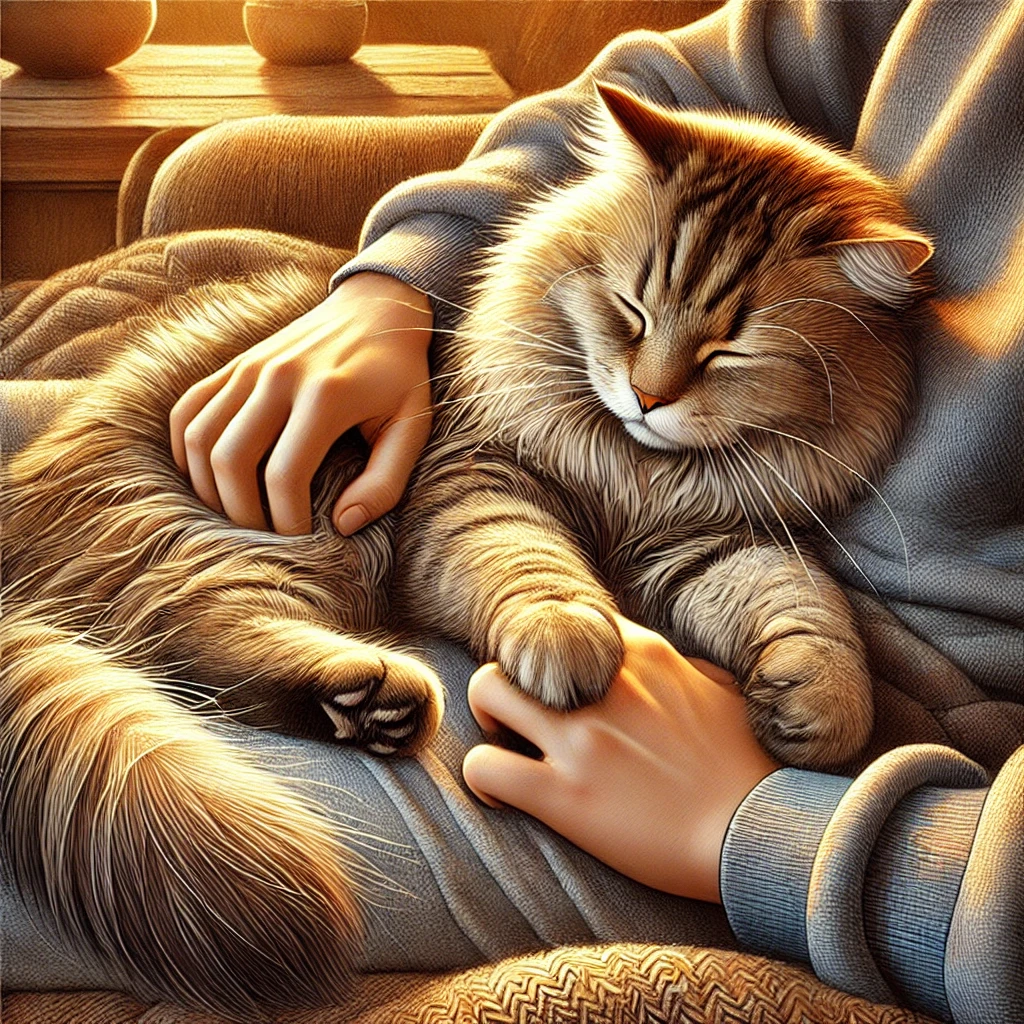
Identifying Stress Triggers
Stress is a leading cause of excessive licking, so identifying and addressing the triggers is crucial. Changes in the household, such as moving, introducing new pets, or loud noises, can make cats anxious and prompt them to lick as a coping mechanism.
To reduce stress, create a consistent and calming environment for your cat. Establish a routine for feeding, playtime, and grooming to give them a sense of stability. Providing a quiet, cozy space where they can retreat during stressful moments can also help.
If your cat continues to lick excessively despite these adjustments, consider using calming aids like pheromone diffusers or sprays, which mimic natural cat pheromones to create a sense of security. For severe cases, consulting a veterinarian or behaviorist can help determine if medication or specialized therapy is necessary to address the issue.
Q&A Section
Addressing common questions about cat licking can help clarify why your feline friend behaves the way they do and how to respond effectively. Below are answers to some frequently asked questions.
Why does my cat lick me and then bite me?
This behavior might seem contradictory, but it’s not uncommon in cats. When your cat licks you and then bites, it’s often part of their communication. Cats may use this behavior to signal that they are feeling playful or overstimulated. For instance, they might lick as a sign of affection but follow it with a gentle bite when they want the interaction to stop.
Alternatively, this behavior can indicate a playful mood. Cats often use a mix of licking and biting during play with their littermates. If they’re treating you like one of their own, the same behavior can carry over. However, if the bite is hard or aggressive, it may suggest irritation, discomfort, or a need for space.
To manage this, pay attention to your cat’s body language. Signs like flattened ears, tail flicking, or sudden movements may indicate overstimulation. When this happens, gently redirect their attention to a toy or give them space to relax.
Should I stop my cat from licking me?
Whether to stop your cat from licking you depends on the context and frequency of the behavior. If the licking is occasional and affectionate, there’s no harm in allowing it. Many cats lick as a natural way of showing love and bonding with their human companions.
However, if the licking becomes excessive or uncomfortable, it’s okay to set boundaries. Gently move your cat’s attention to a toy or another activity. Consistency is key—reward them when they engage in acceptable behaviors and avoid scolding, as negative reinforcement can confuse or stress your cat.
If your cat’s licking seems obsessive or is paired with signs of anxiety or health issues, consult a veterinarian to rule out underlying causes.

How can I tell if my cat’s licking is excessive?
Excessive licking is characterized by frequency, intensity, or signs of harm to your cat or yourself. For example, if your cat grooms themselves to the point of losing fur or develops skin sores, it’s a clear sign of over-grooming. Similarly, if their licking of you disrupts your daily activities or causes skin irritation, it may be excessive.
Observing your cat’s behavior can help you determine if their licking is problematic. If it’s accompanied by other signs, such as changes in appetite, vocalization, or hiding, these could indicate stress or a health issue. In such cases, seek advice from a veterinarian to address the root cause effectively.
Conclusion – Embracing Your Cat’s Quirks
Cats are complex and endearing creatures, and their behaviors often have deeper meanings rooted in their instincts and emotions. Licking, while sometimes puzzling, is usually a sign of trust, affection, or a natural response to their environment. Whether they’re grooming you as part of their “pride,” marking you as their territory, or simply seeking comfort, understanding the reasons behind their actions can strengthen your bond.
However, as much as licking can be a sign of love, it’s important to recognize when it becomes excessive or problematic. By observing your cat’s behavior and addressing potential stressors, you can ensure their well-being and maintain a harmonious relationship.
Ultimately, your cat’s quirky habits, including licking, are what make them unique and lovable. Embrace these moments as a testament to the special connection you share. And remember, if ever in doubt about your cat’s behavior, consulting a veterinarian is the best way to ensure their health and happiness.

